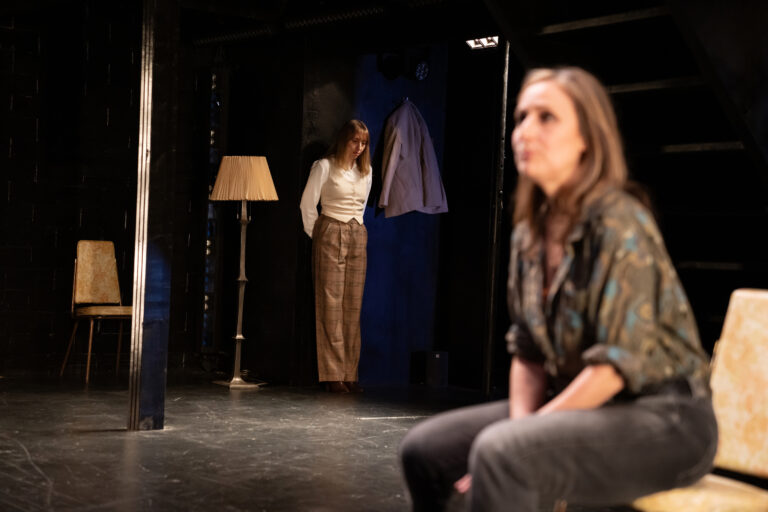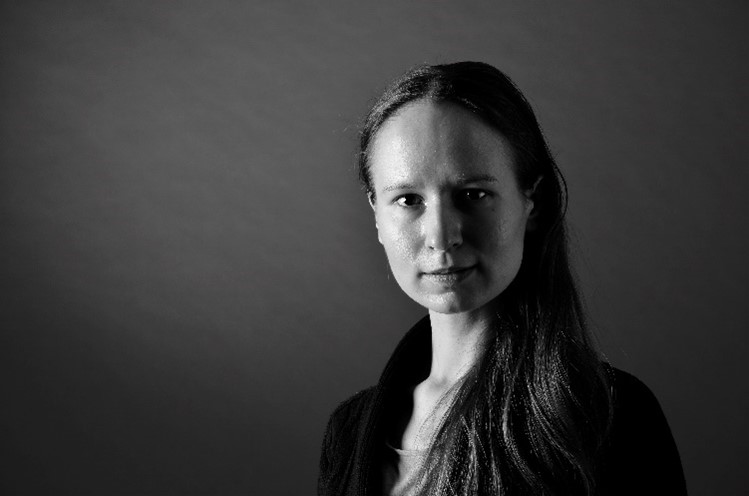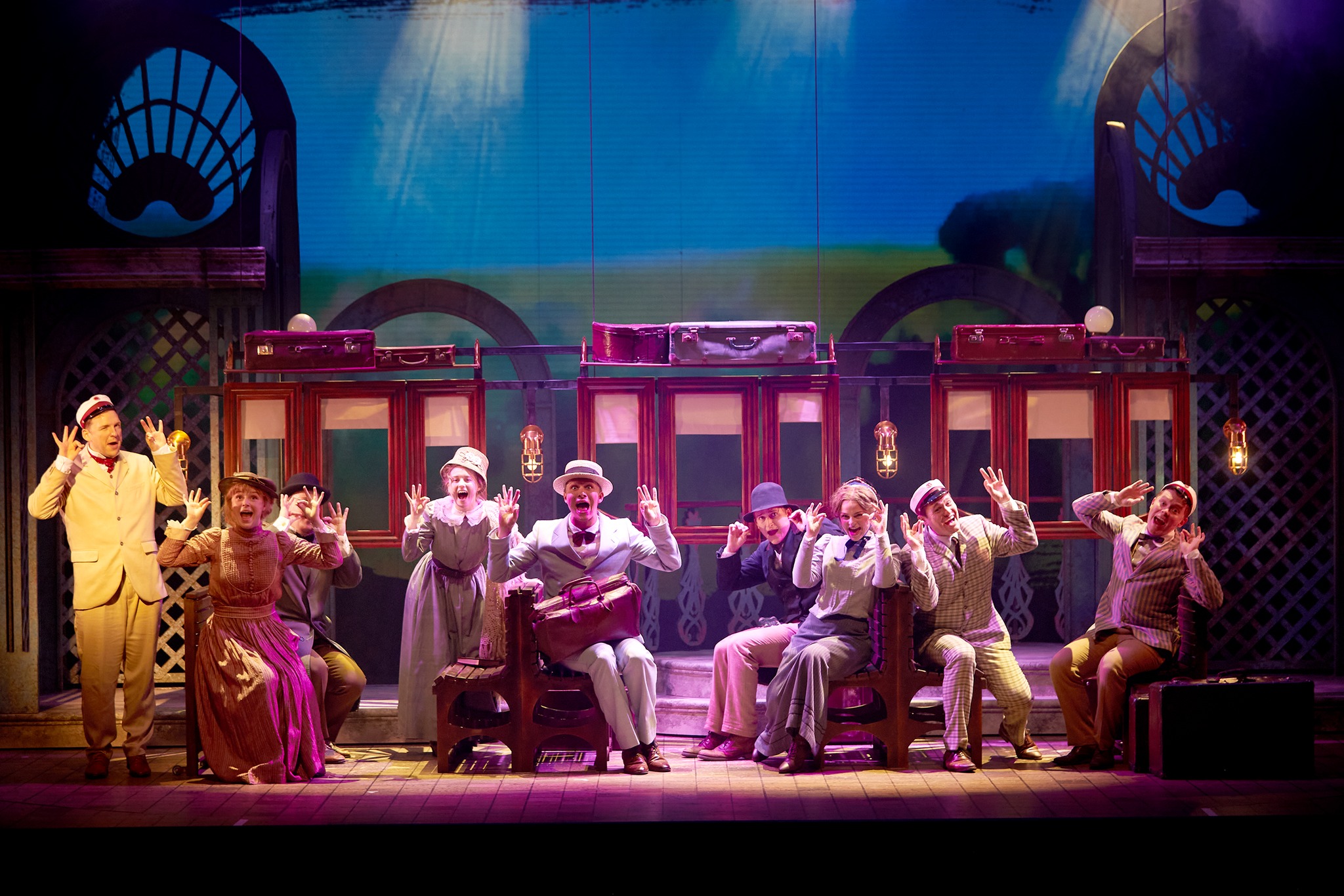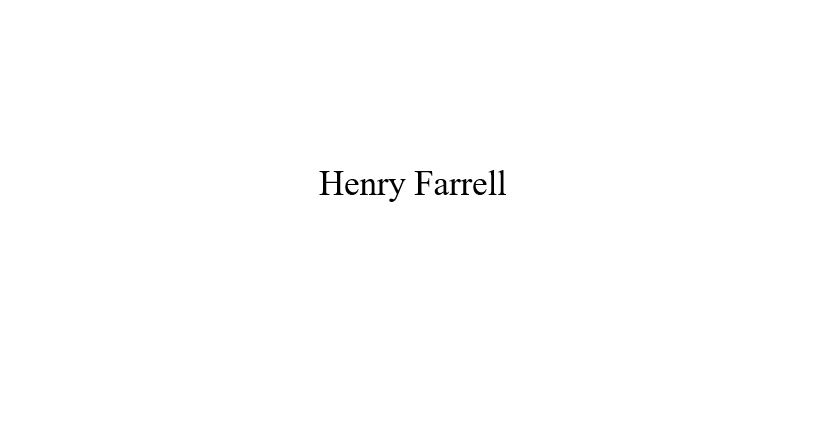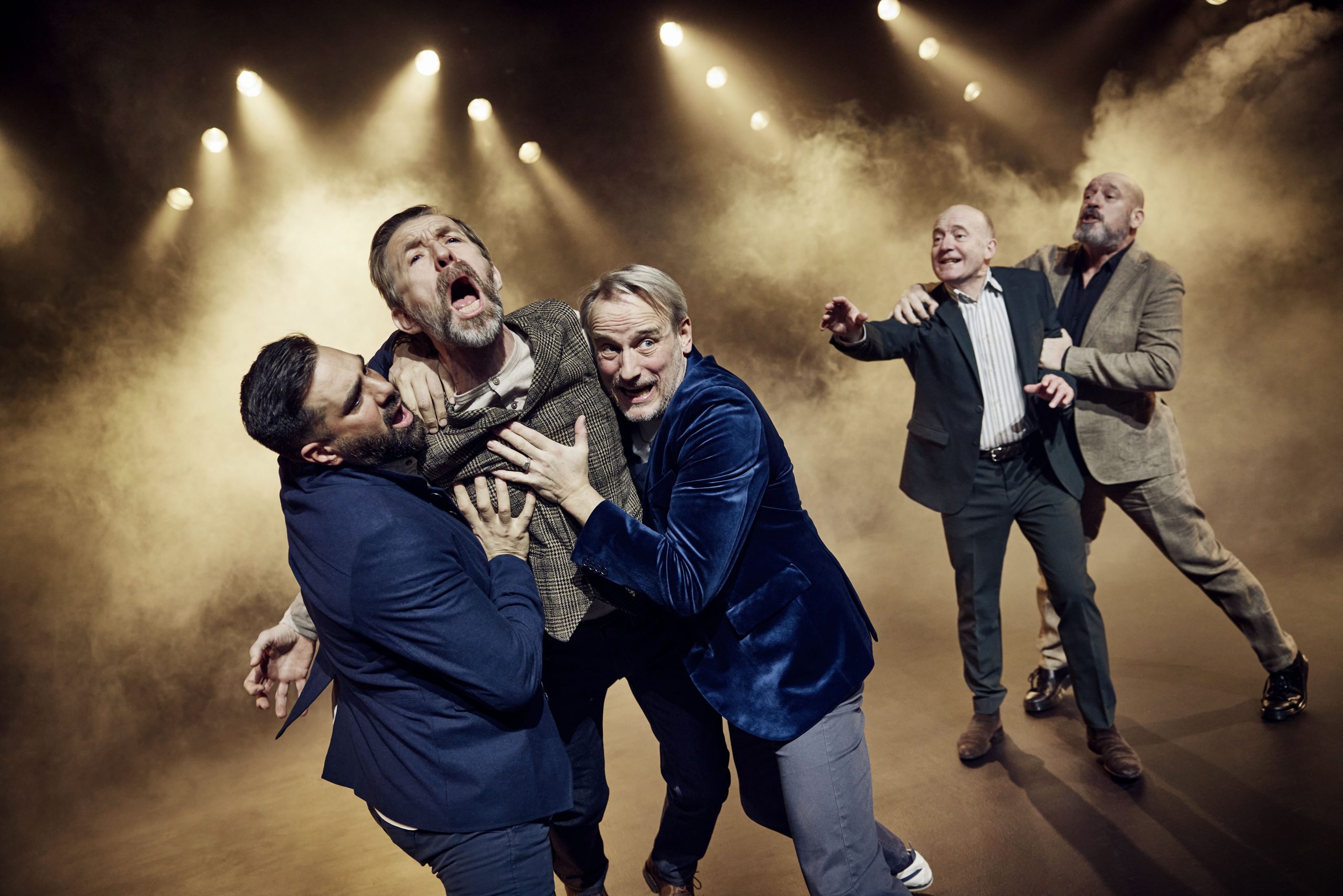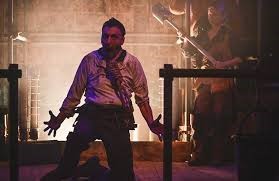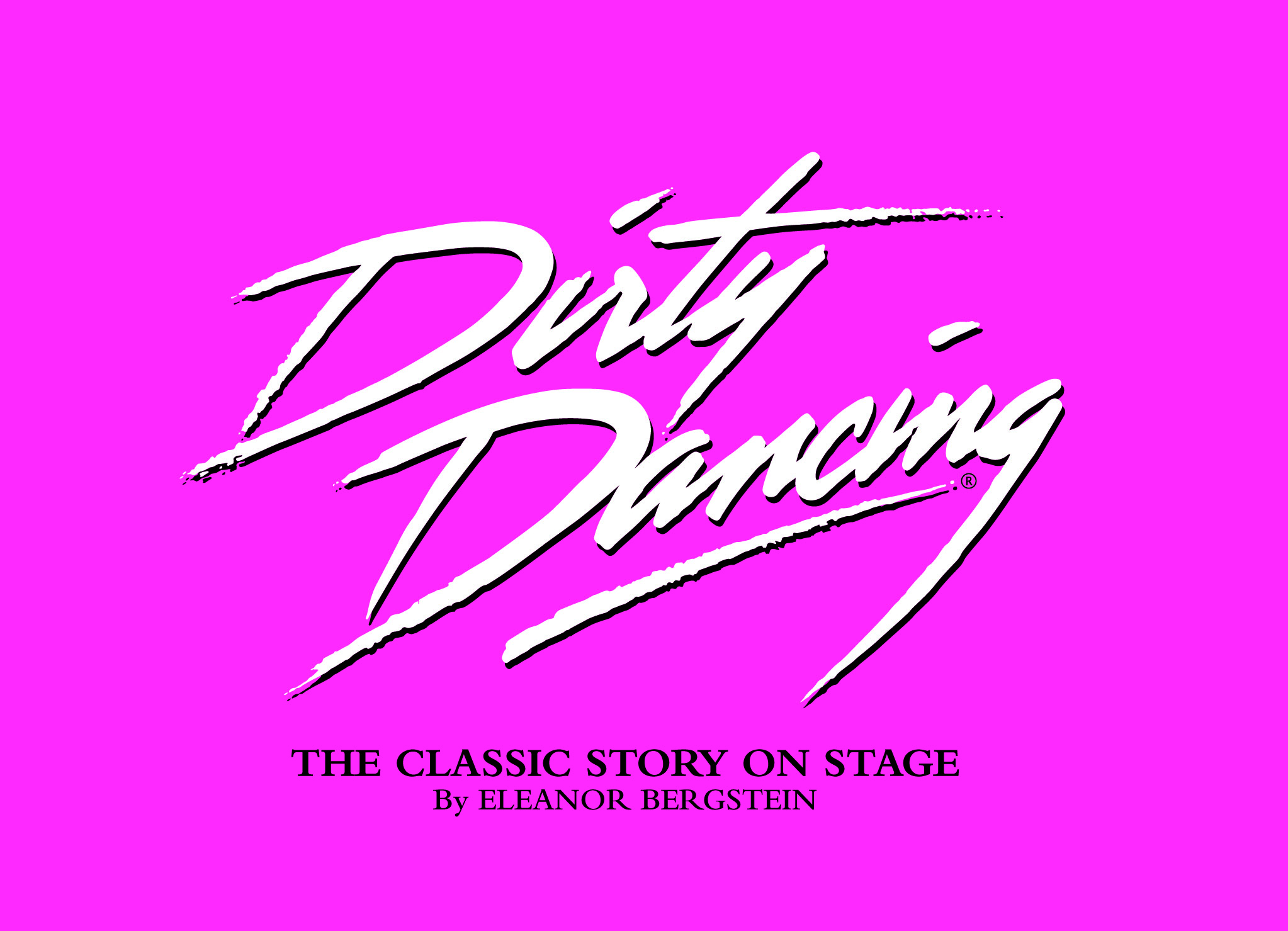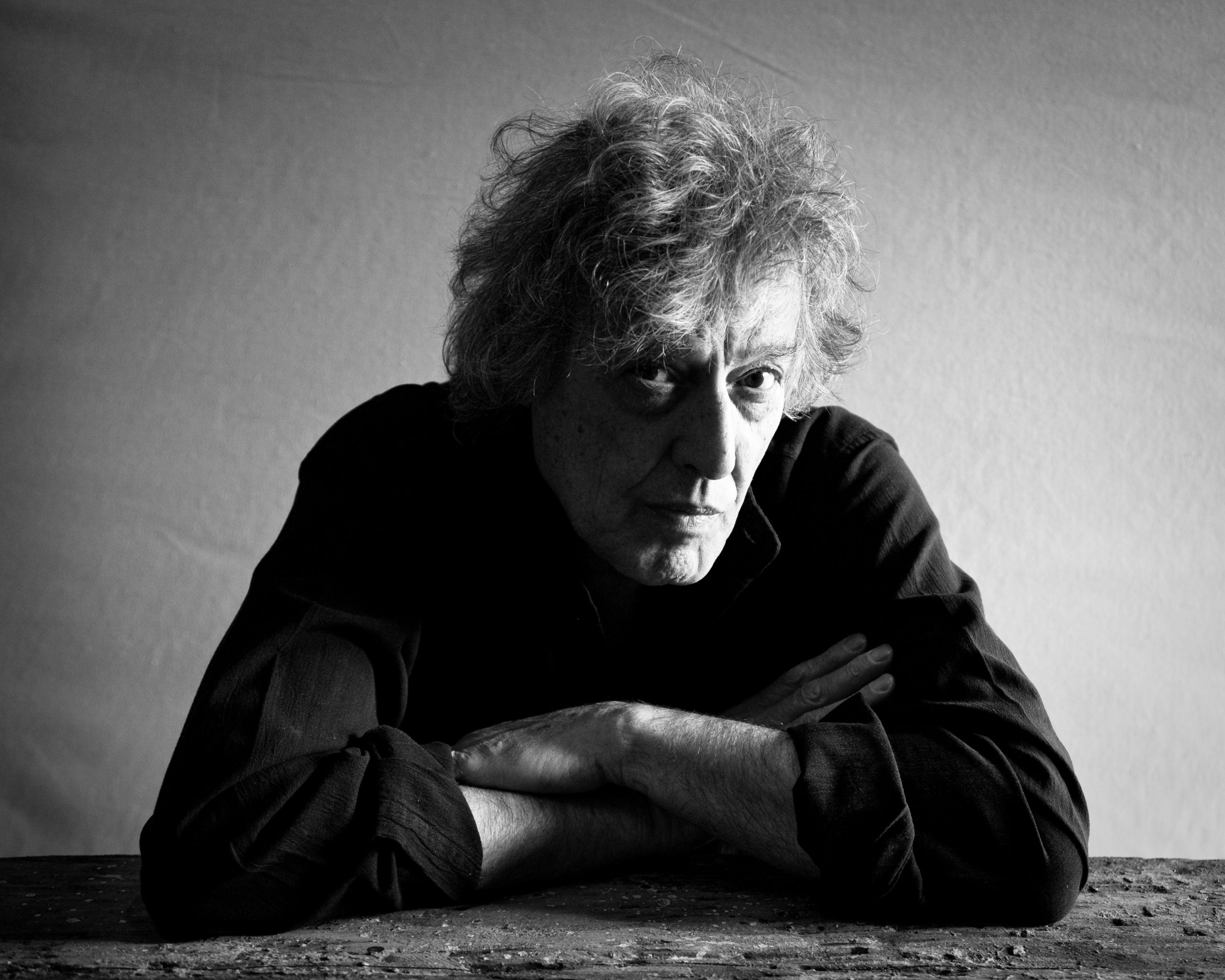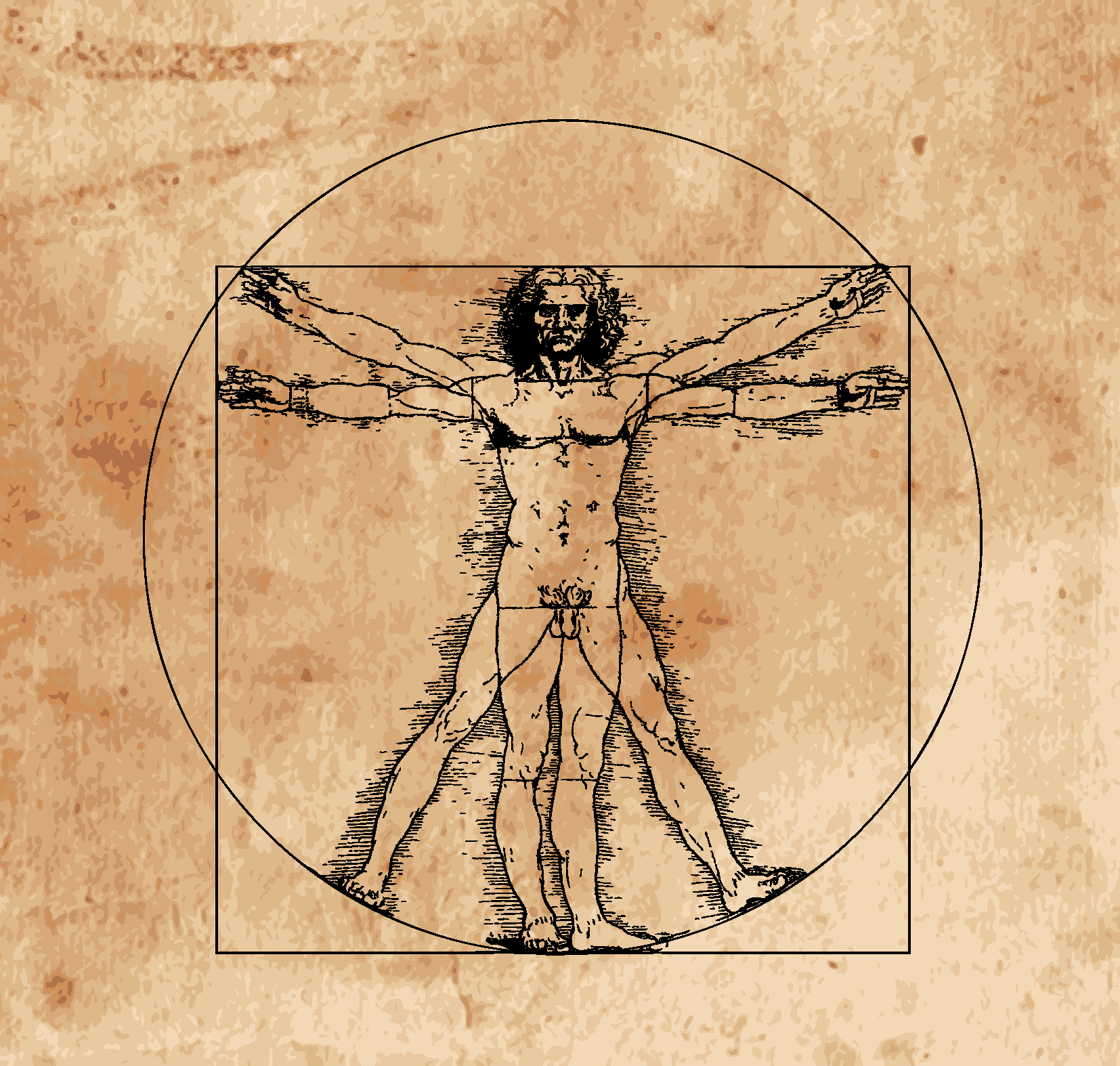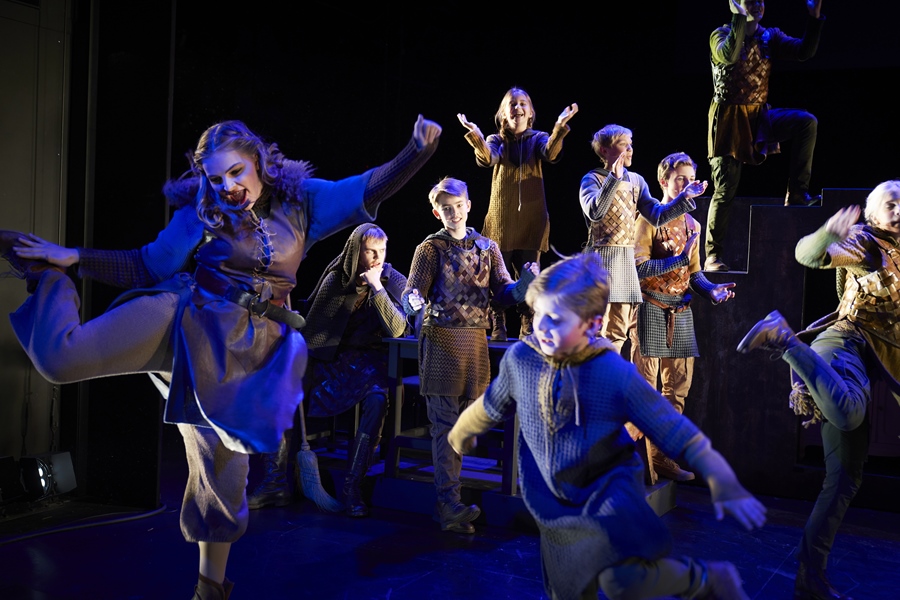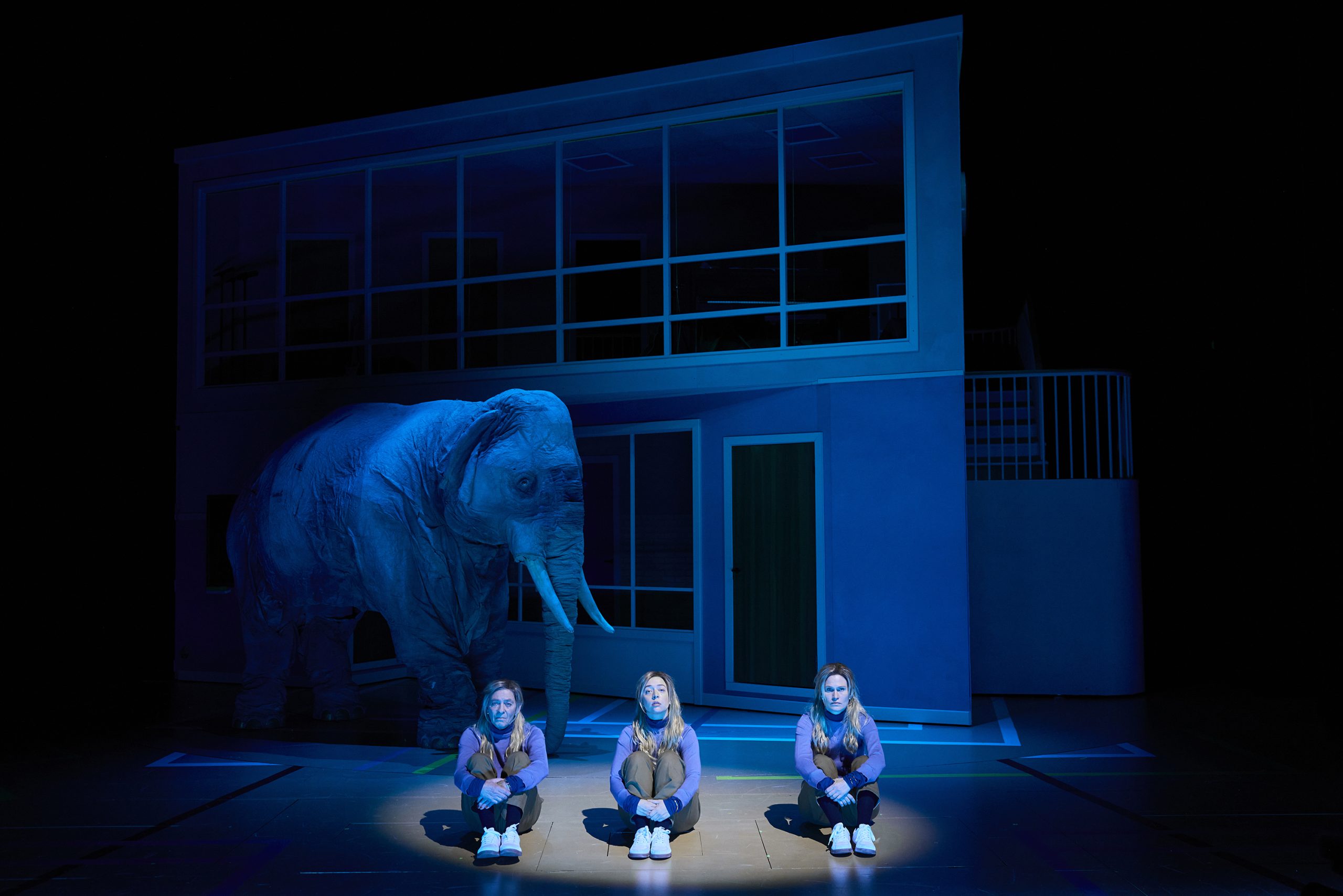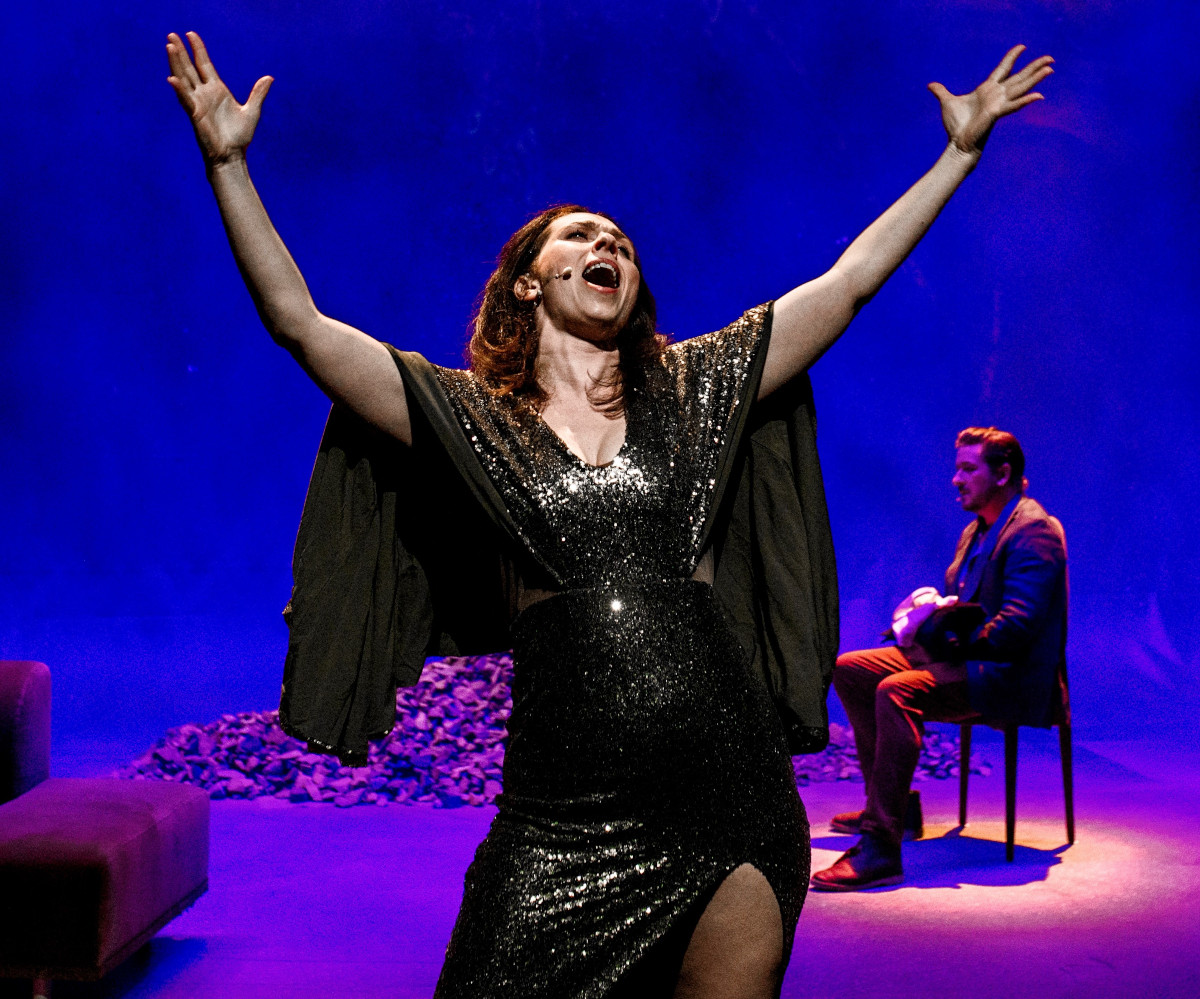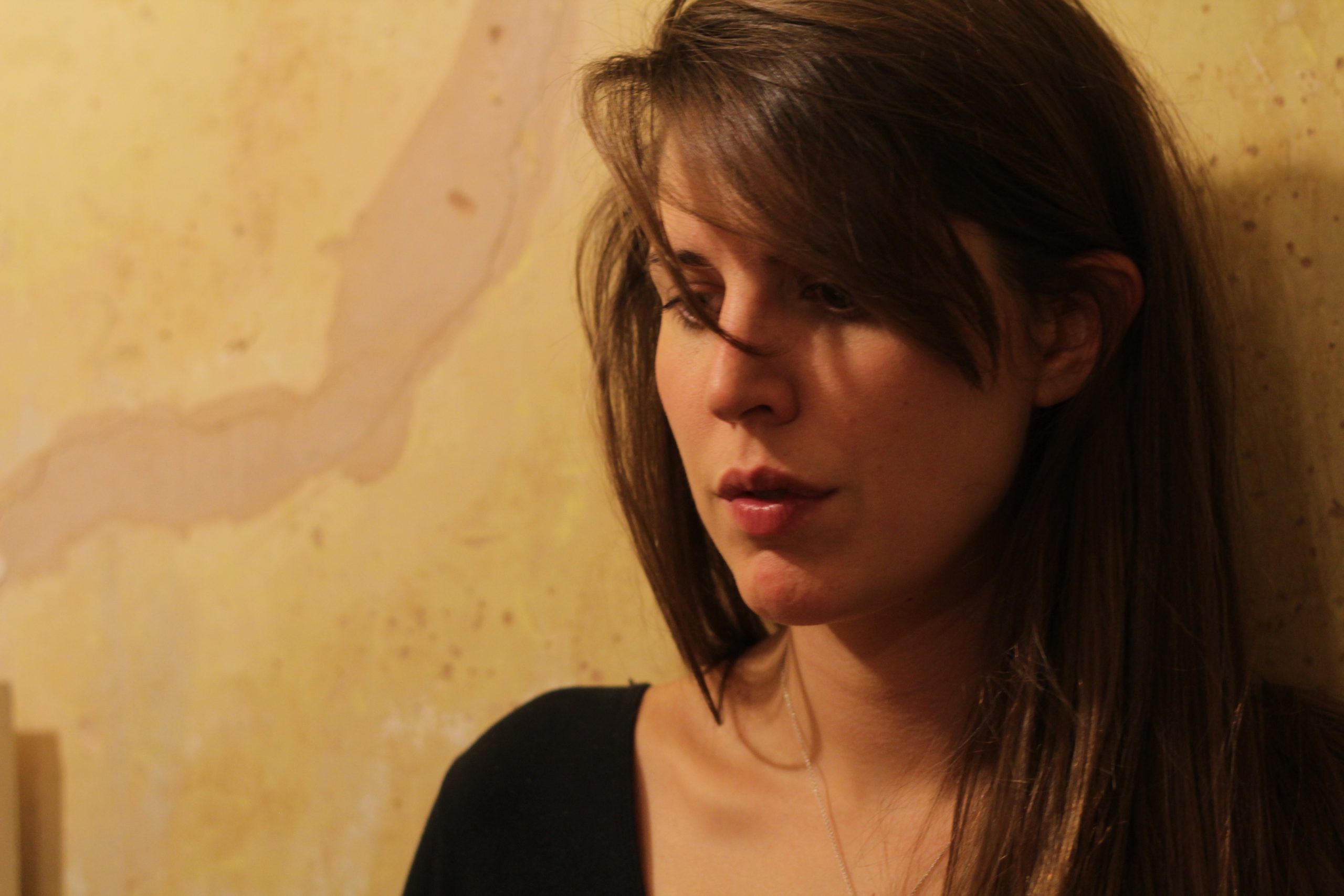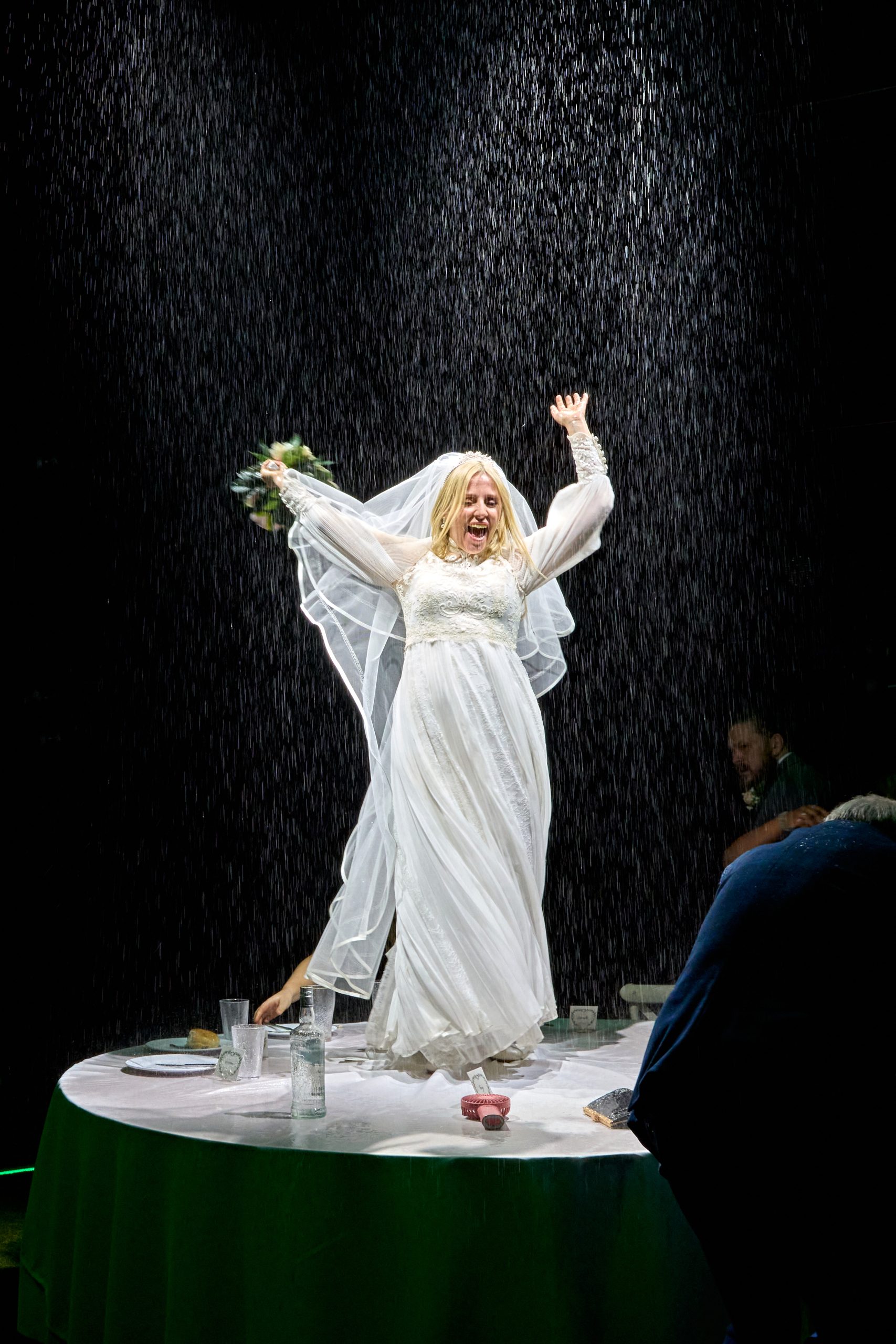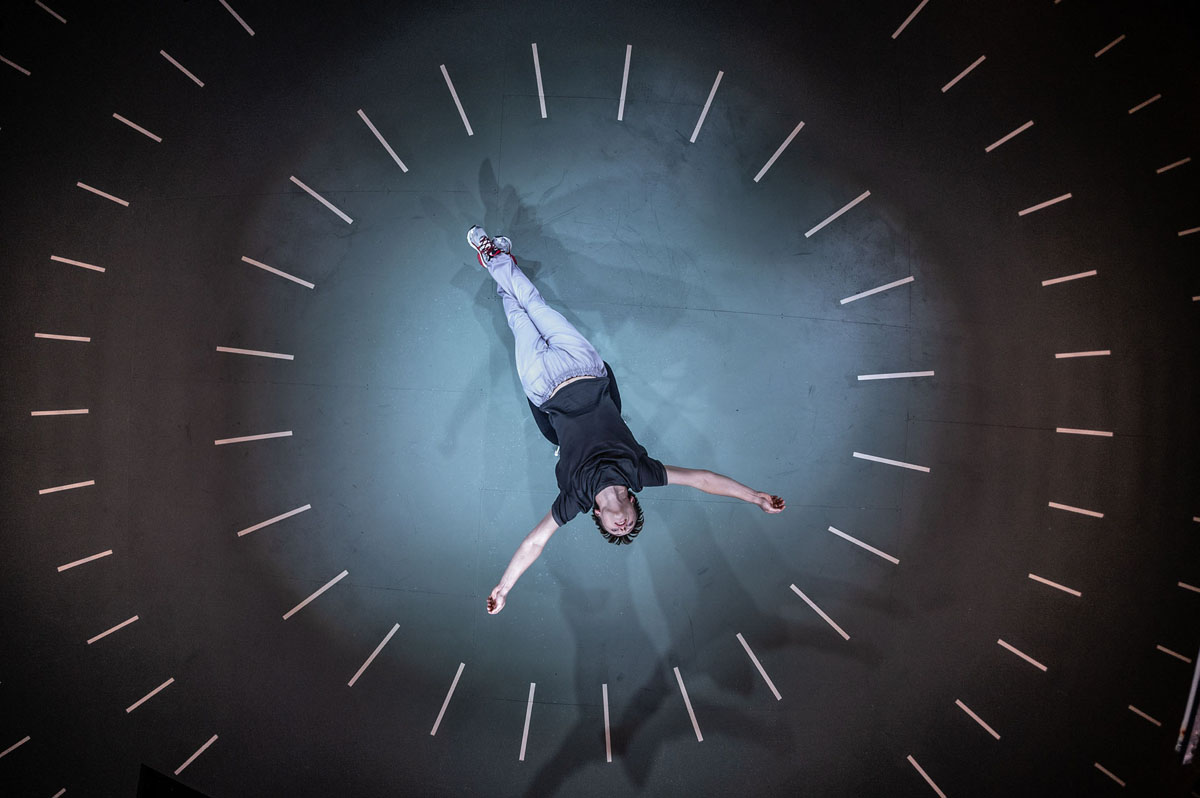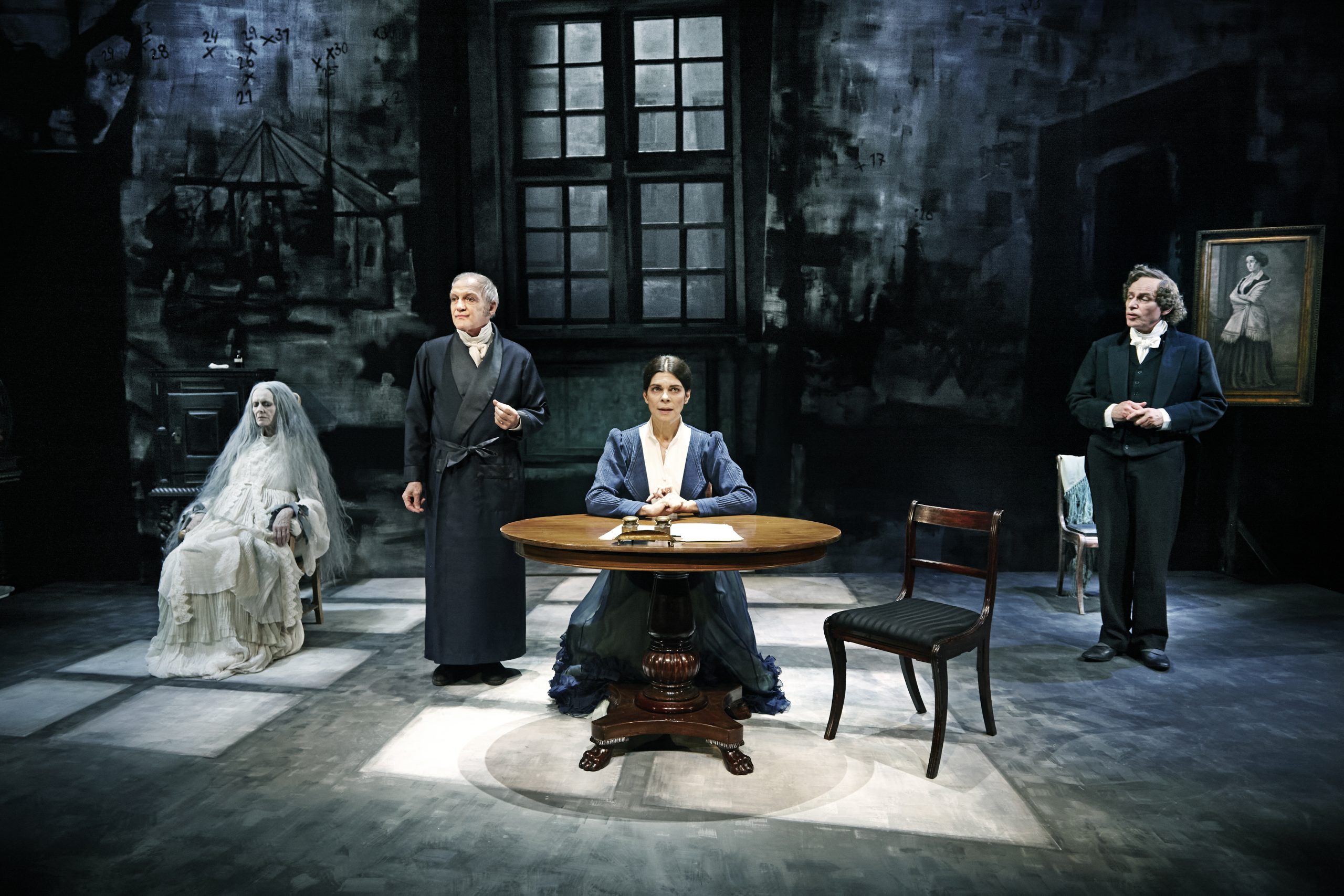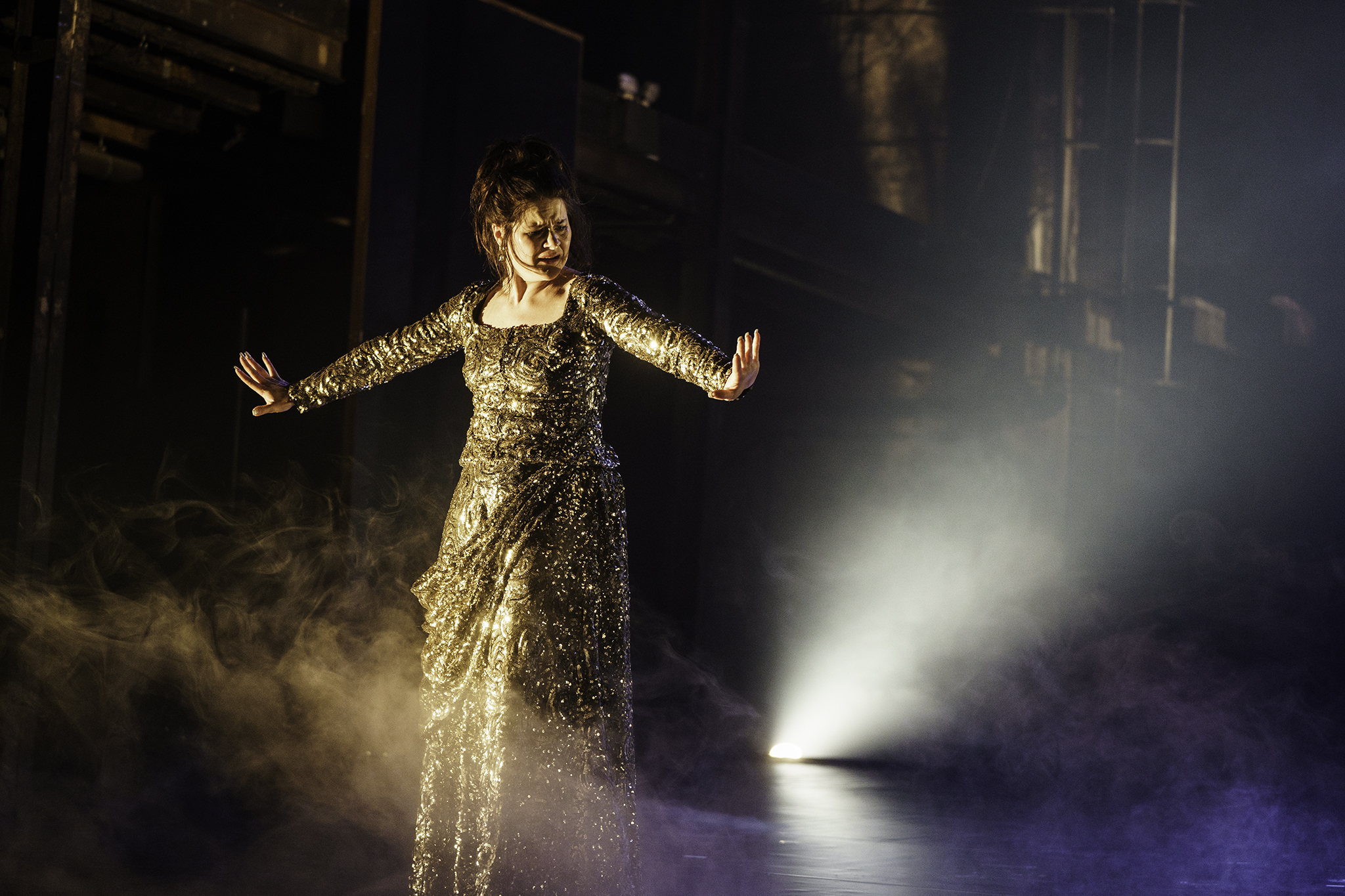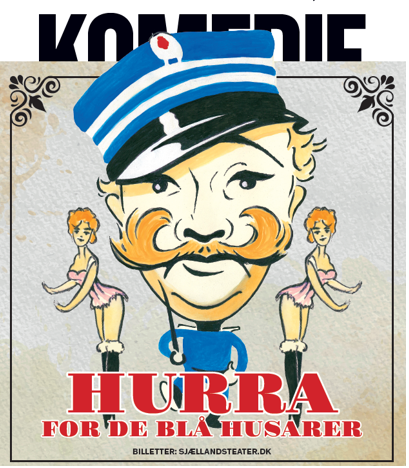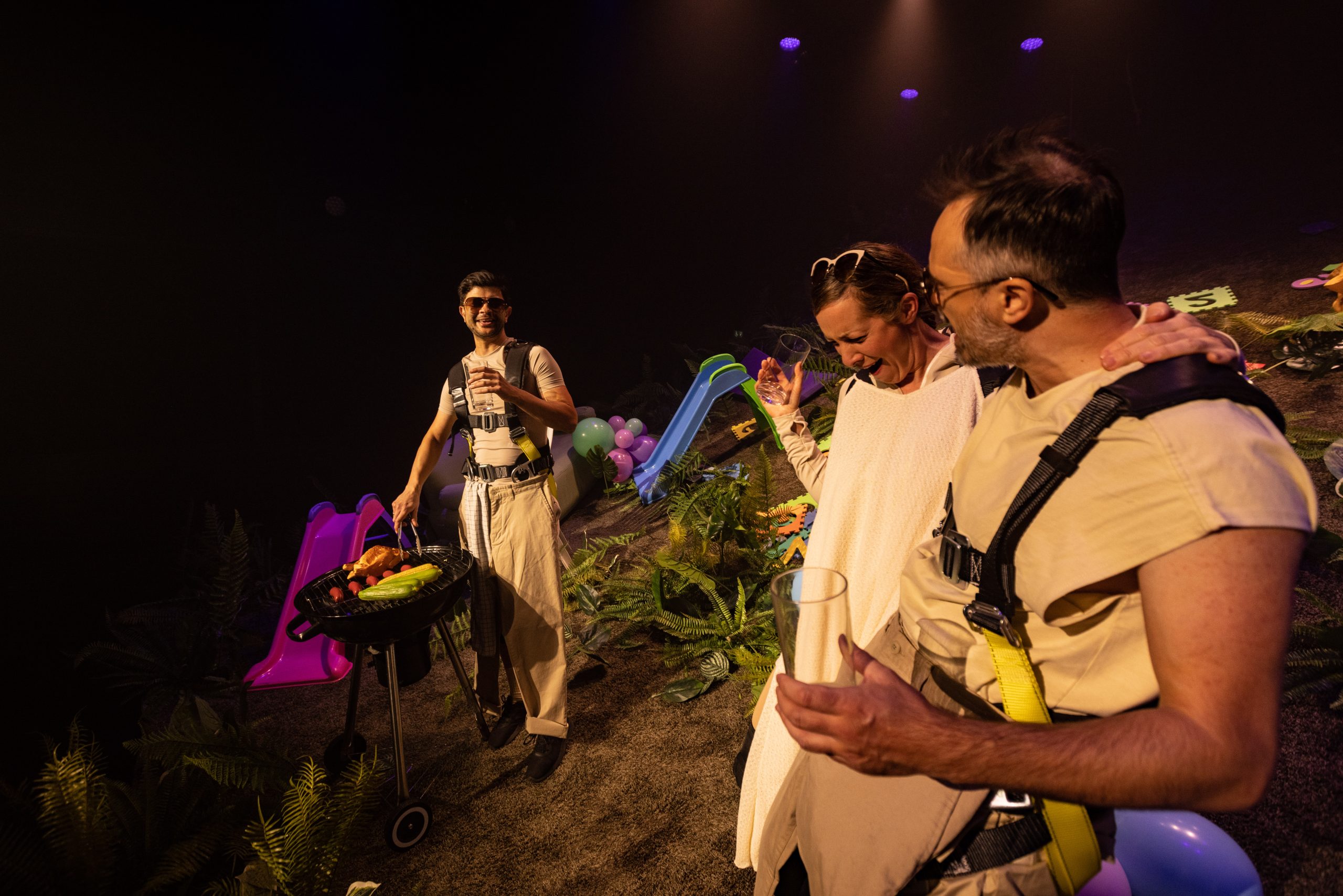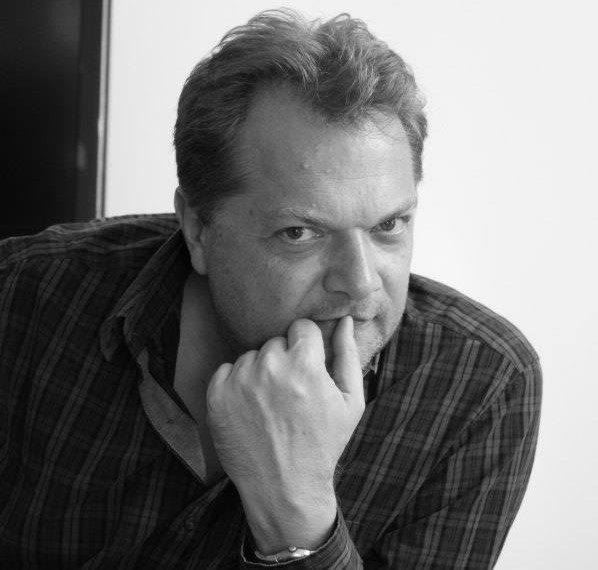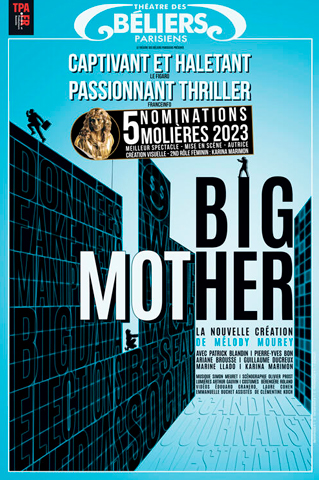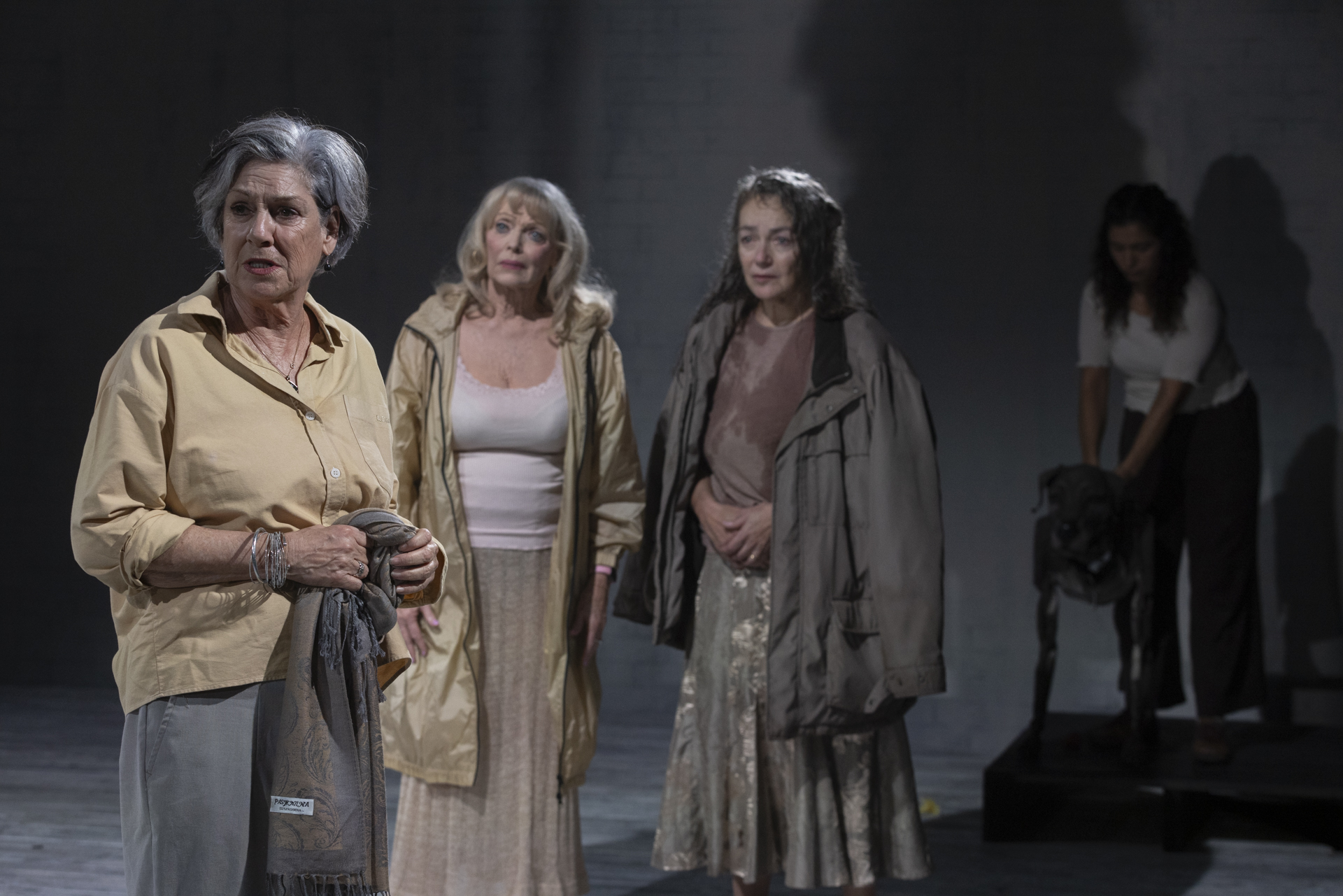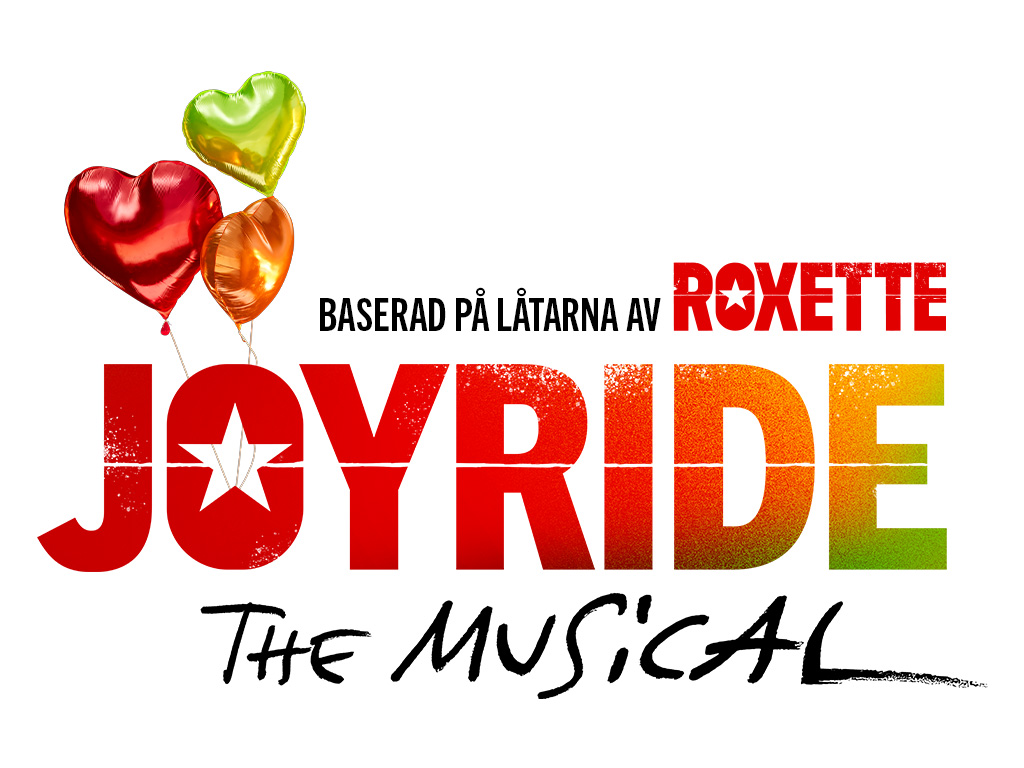Howard Barker's plays are known for their fearless exploration of power, sexuality and human motivation. His texts overflow with rich language, challenging ideas, history, beauty, violence and imaginative comedy, all brought together within the extremes of human experience to create a powerful and compelling theatrical experience. Barker's texts are constructed on the premise that theatre is a necessity in society, a place for imagination and moral speculation, not constrained by the demands of realism or any ideology. Barker describes his work with the term Theatre of Catastrophe. In Barker's work, no attempt is made to satisfy any demand for clarity or the deceptive simplicity of a single 'message'; each performance is like a public challenge in which actors and audience are inspired to find meaning and resonance from a multiplicity of interpretations. Long considered the enfant terrible of contemporary British theatre and the subject of heated debate, whether loved or hated, his plays are impossible to ignore. On the European mainland especially, Barker is considered one of the major writers of modern European theatre. In the last three years, 27 of his works have been staged in six languages in 17 countries as diverse as Canada, New Zealand and Slovenia. Yet in Britain, his home country, he is largely unknown; during this period there have been just four productions of his plays.
Howard Barker
AuthorTHE CASTLE
AuthorDYING IN THE STREET
AuthorDISTANCE
AuthorKNOWLEDGE AND A GIRL
AuthorHURTS GIVEN AND RECEIVED
AuthorUND
AuthorCHRIST’S DOG
AuthorLEARNING KNEELING
AuthorLOT AND HIS GOD
AuthorLAST SUPPER, THE
AuthorSEVEN LEARS
AuthorHATED NIGHTFALL
Author(UNCLE) VANYA
AuthorA HOUSE OF CORRECTION
AuthorLET ME
AuthorJUDITH (Howard Barker)
AdaptorWOMEN BEWARE WOMEN
AuthorFOUND IN THE GROUND
AuthorTHE DYING OF TODAY
AuthorI SAW MYSELF
AuthorSTRIPWELL
AuthorHE STUMBLED
AuthorLOVE OF A GOOD MAN, THE
AuthorCLAW
AuthorURSULA
Author13 OBJECTS
AuthorSCENES FROM AN EXECUTION
AuthorTHE EUROPEANS
AuthorVICTORY
AuthorWOUNDS TO THE FACE
AuthorGERTRUDE – THE CRY
AuthorANIMALS IN PARADISE
AuthorALPHA ALPHA
AuthorPOSSIBILITIES, THE



